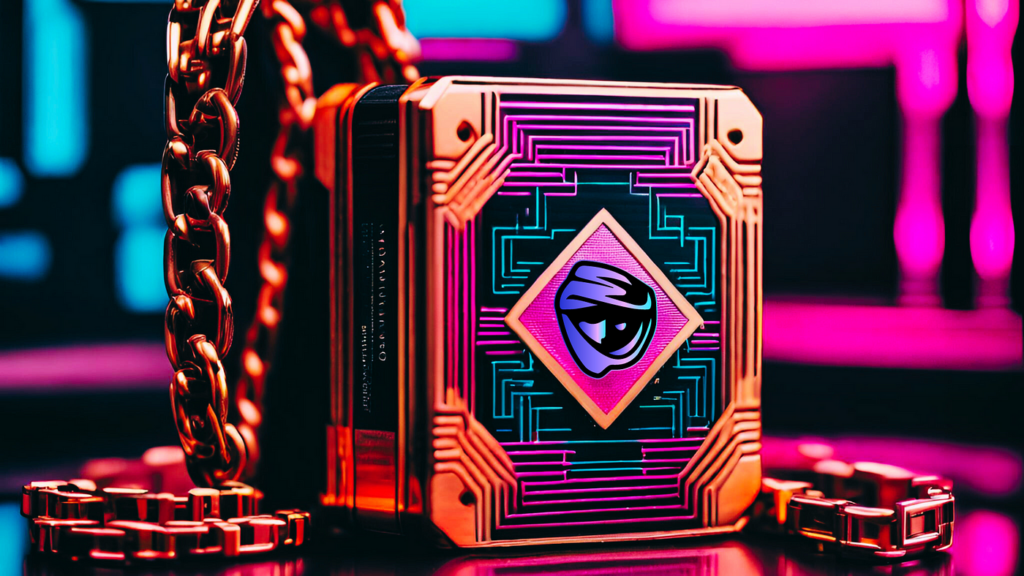Counterfeiting is a pervasive problem in the luxury goods market, costing brands billions of dollars annually while undermining consumer trust. Blockchain technology, with its transparent and immutable ledger, is emerging as a powerful tool in the fight against counterfeit luxury products. By leveraging blockchain, luxury brands can authenticate products, trace their origins, and provide consumers with verifiable proof of authenticity, all while enhancing the overall integrity of their supply chains.
Blockchain technology enables the creation of a digital ledger that records every transaction in the supply chain, from the production of raw materials to the sale of the final product. This ledger is decentralized and tamper-proof, meaning that once information is entered into the blockchain, it cannot be altered or deleted. For luxury goods, this offers a way to track every step of the production and distribution process, ensuring that counterfeit items cannot be introduced without being detected.
One of the most effective uses of blockchain in combating counterfeiting is through the creation of digital certificates of authenticity. When a luxury product is manufactured, a unique digital token can be generated and recorded on the blockchain. This token acts as a digital twin of the physical product and can be transferred from the manufacturer to the retailer and ultimately to the consumer. At any point, the owner of the product can verify its authenticity by checking the blockchain record associated with the digital token.
In addition to product authentication, blockchain can also be used for tracking the origins of luxury goods. Consumers today are increasingly concerned with the ethical and environmental impact of the products they purchase. By using blockchain, luxury brands can provide detailed information about the sourcing of materials, the manufacturing process, and the supply chain journey of each item. This level of transparency not only helps to prevent counterfeiting but also builds trust with consumers who value ethical sourcing and sustainability.
Another advantage of blockchain for anti-counterfeiting is its ability to provide real-time verification. Using a smartphone app or a QR code, consumers can instantly verify the authenticity of a product before making a purchase. This level of convenience is particularly valuable in the luxury market, where customers are often making high-value purchases and want reassurance that they are buying genuine items.
Despite its potential, the adoption of blockchain for anti-counterfeiting in the luxury goods market is still in its early stages. Challenges such as the integration of blockchain systems with existing supply chain infrastructure, the cost of implementation, and the need for widespread industry adoption must be addressed. However, as more brands recognize the benefits of blockchain technology, it is likely that we will see increased use of blockchain-based solutions to combat counterfeiting in the luxury goods sector.
By embracing blockchain, luxury brands can protect their intellectual property, maintain the exclusivity of their products, and foster greater trust with consumers in an increasingly counterfeit-prone world.

